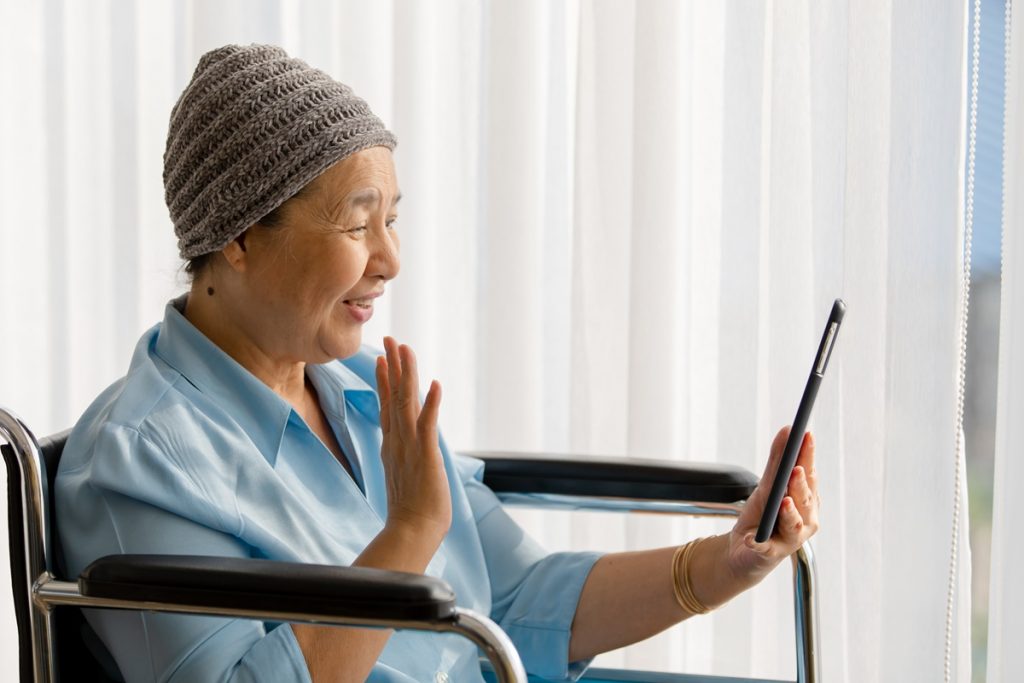This World Alzheimer’s Day, it’s time to have a conversation about providing high-quality care for every person in the UK affected by the condition. In particular, we should focus on how patients from diverse cultural backgrounds are taken care of, as traditional care methods often mean these are the people whose needs go unmet.
For bilingual Alzheimer’s and dementia patients living in a country where the language is not their native tongue, the challenge can be particularly stark. The condition affects language skills, meaning that many lose the ability to communicate effectively in their second language and revert to their mother tongue as their cognitive abilities decline. This can lead to significant barriers in care, as basic needs are misunderstood or unmet.
Imagine being unable to express pain, hunger or distress in a language that the person looking after you can understand and act upon. Sadly, this is the reality for many.
Where are current models falling short?
While the Care Quality Commission (CQC) calls for culturally appropriate care, the traditional agency model, which remains dominant in the UK, often prevents this from being delivered. This approach to health and social care prioritises filling shifts in any way possible over finding Care Professionals who are the best match for the client, be it linguistically, culturally or in terms of experience. Local authorities, care homes and private clients alike tend to default to the standard care agency route, inadvertently creating barriers to effective care.
As care agencies offer little control over who comes to provide care, patients from diverse backgrounds may find themselves paired with a Care Professional who doesn’t speak their language or understand their culture. This can lead to miscommunication, frustration for both client and Care Professional, and poorer health outcomes.
The shift towards cultural alignment
The only way to ensure Alzheimer’s patients are getting the care they need, no matter their background, is to prioritise a new approach to finding Care Professionals which recognises the role of cultural sensitivity and choice in delivering the highest quality care. Having a Care Professional who can communicate with you in your language is not a nice-to-have, it is the foundation of the most basic level of good care. Care experiences improve when a client feels understood and respected, and this is why clear communication is so central to building trust and a solid working relationship.
This is particularly true for Alzheimer’s and dementia patients, who are more susceptible to anxiety and agitation due to their condition. Hiring a consistent Care Professional who is a cultural fit and can therefore communicate, anticipate needs and respect traditions is invaluable. The sense of familiarity and safety that this creates minimises the margin of error for miscommunication and frustration. Alzheimer’s patients also tend to be sensitive to change, so being able to assure that the same culturally competent Care Professional will be supporting them greatly improves care outcomes.
How technology can bridge the gap
The shift to a care format that enables greater choice and control is pivotal for providing the best Alzheimer’s care, but how do we make that happen? As with optimising many areas of health care, technology is the solution here.
Innovative platforms are leveraging technology to make patient-centred care simpler by enabling targeted filtering of Care Professionals based on language and clinical skills. This is revolutionising how we approach care, with choice and control embedded into the very heart of the system. The ability to refine searches to match specific cultural, linguistic and clinical needs ensures every patient can find a Care Professional who truly understands them.
On Curam’s platform, for example, there are over 7,000 Care Professionals nationwide with dementia care experience and nearly 5,000 speak multiple languages. Of all the Care Professionals on the platform, 30 languages are spoken with French, Spanish, Urdu, Romanian and Polish the most common. Easy-to-use filtering allows public and private sector clients to quickly find someone who matches their needs.
This is a smarter approach to care that leverages technology to streamline the process. It reduces the administrative burden of finding and assigning suitable Care Professionals, ultimately freeing up more time and resources to reinvest into direct care.
Rethinking the future of culturally competent Alzheimer’s care
For healthcare professionals and care providers who want to improve their Alzheimer’s and dementia care services, embracing digital health and care innovation that challenges the limitations of traditional care models is vital. By relying on such technologies, we can build a care environment that is truly inclusive and sensitive to the needs of every individual.
Moving staff acquisition to online Care Professional marketplaces improves efficiency and reduces costs, but most crucially, it allows for the delivery of outstanding, culturally competent care that respects the patient, their identity and their dignity. This should be the standard in the future of Alzheimer’s care.
On World Alzheimer’s Day and beyond, we must commit to a future where every patient has access to care that is centred around their personal experiences and makes their life living with the condition as comfortable as possible. Using the right technology is the first step to breaking down these barriers and building a health and social care system that serves all members of society, no matter their background.
By Patrick Wallace, Director and Co-Founder, Curam

